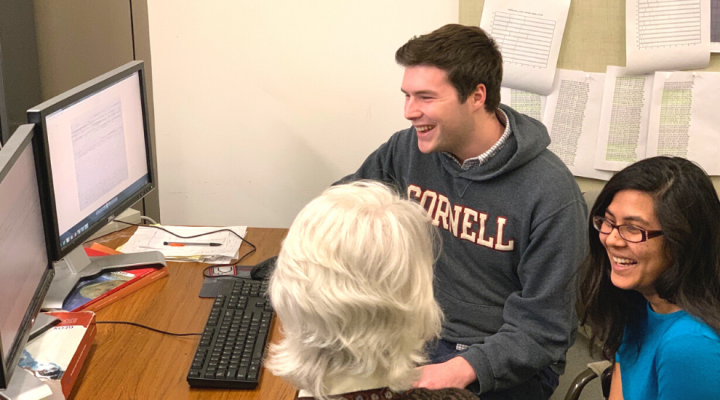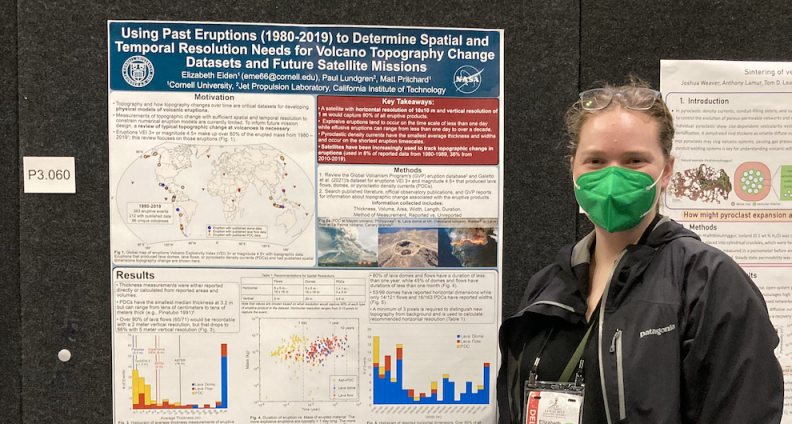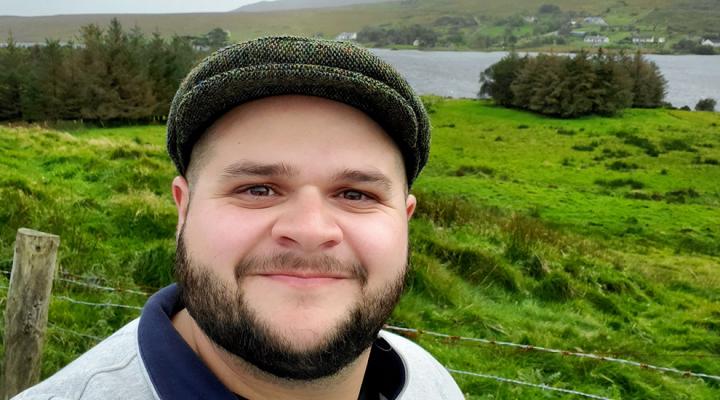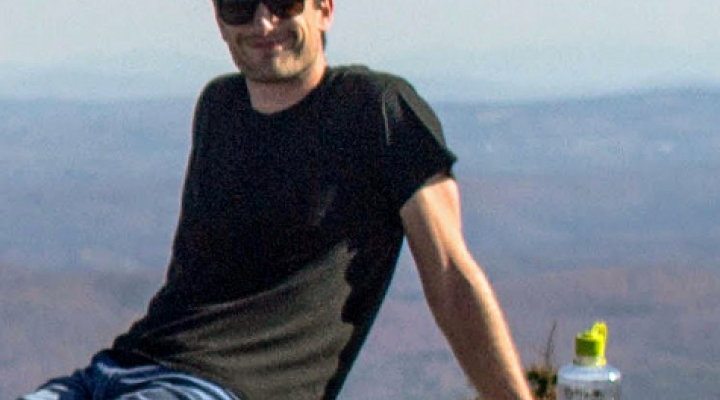Geological Sciences doctoral student Elizabeth Eiden travelled to New Zealand in late January to present a talk at the International Association of Volcanology and Chemistry of the Earth’s Interior 2023 Scientific Assembly. The conference, which is normally held every four years, has not happened since 2017 and it drew a large and enthusiastic crowd of Earth scientists.
Eiden was excited to be able to share results from two of her graduate research projects. She presented a poster highlighting work that supports a call for updated topography sets in order to better monitor deformation and forecast volcanic hazards. And she gave a talk related to her study of the Bolivian volcano called Uturuncu, which last erupted 250,000 years ago. Eiden, her Ph.D. advisor EAS Professor Matthew Pritchard, and a team of other researchers have developed a conceptual model that may explain the signs of activity in this so-called “zombie” volcano that is not quite dead.
“I was a little bit nervous since it was the first time I gave a talk at a conference,” Eiden said. “But I presented on the first day and got it out of the way. I didn’t have too much time to get worked up. After that I was really able to enjoy the conference and the opportunity to immerse myself in the work of so many great researchers.”
Attending professional academic conferences is a valuable part of any graduate student’s education. They get to hear about cutting edge research, make important personal connections, and often come away invigorated about the work they are doing and the field they are part of. At the same time, the costs associated with travel and lodging for a conference, especially one as far away as New Zealand, can be prohibitive.
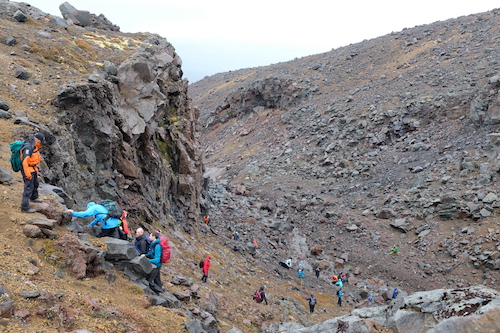 This is where having Matt Pritchard as her advisor was a real boon to Eiden. “Matt does an amazing job of allocating some of his funds for student travel,” Eiden said. “And he made a point of alerting me to travel grant possibilities, as well.” Eiden applied for—and received—a travel grant from Cornell’s Arthur L. Bloom Fund for Geological Sciences Research and Education in the Pacific Region. (Art Bloom was a longtime geology professor at Cornell and the Bloom Fund was established in his honor in 2014.)
This is where having Matt Pritchard as her advisor was a real boon to Eiden. “Matt does an amazing job of allocating some of his funds for student travel,” Eiden said. “And he made a point of alerting me to travel grant possibilities, as well.” Eiden applied for—and received—a travel grant from Cornell’s Arthur L. Bloom Fund for Geological Sciences Research and Education in the Pacific Region. (Art Bloom was a longtime geology professor at Cornell and the Bloom Fund was established in his honor in 2014.)
This may have been Elizabeth Eiden’s first conference, but it will certainly not be her last.
(If you would like to make a gift to the Art Bloom Fund to help other EAS students access experiences like the one had by Elizabeth Eiden, you can do so here.)
